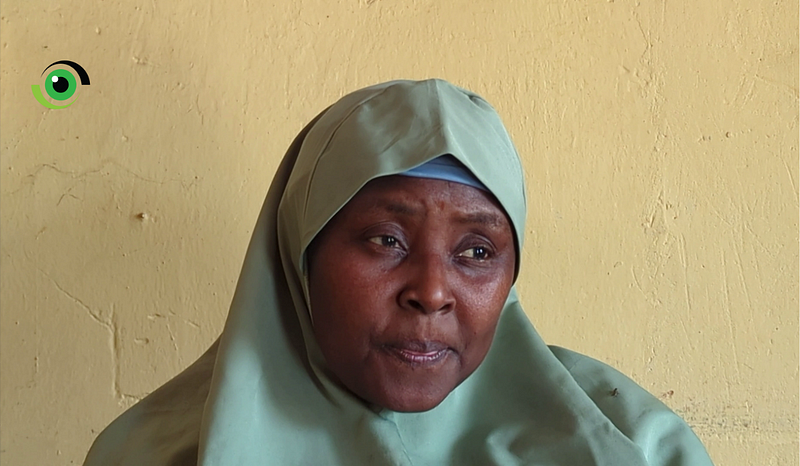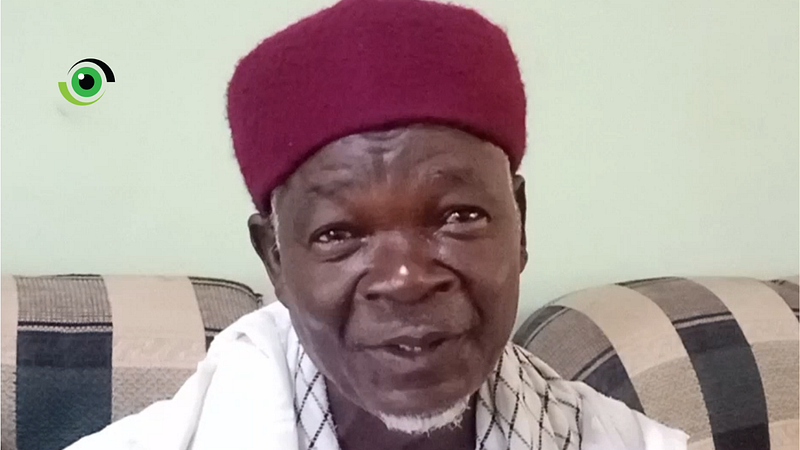Hafsat Muhammad Alto, a midwife, has made a relentless commitment to rewriting the narrative of maternal care in Kura Local Government Area (LGA). At Gundutse Primary Healthcare (PHC), she works day and night to ensure pregnant women receive timely and compassionate care.
The facility also sees more than 40 patients daily, with many women travelling up to 8 kilometres, often on foot or by motorcycle. However, the rising cost of food, poor antenatal compliance, and limited health education further exacerbate maternal risks, especially in hard-to-reach areas where road conditions are poor and transport costs are high.
In these instances, Hafsat steps in. She recounted a recent emergency, explaining that “a woman came in bleeding heavily. I did not wait, we rushed her to the LGA’s general hospital. She survived.” But not every case ends well.

Image credit: Nigeria Health Watch
One woman, who initially resisted facility delivery, arrived at Hafsat’s home in distress. Despite Hafsat’s heroic intervention and emergency hospital transfer, both mother and baby were lost. “We did our best, but the delay in home delivery cost their lives,” she said quietly.
Beyond emergencies, Hafsat is a trusted family planning provider. “Every day, I receive about 15 women at home. They prefer privacy and feel safe discussing their concerns with me.”
Sulaiman Salisu Kura, Chair of the Kura Ward Development Committee (WDC), noted that, “women like Hafsat are invaluable. Their selfless service reflects our cultural and religious values. We need more of them.”

Image credit: Nigeria Health Watch
Despite her efforts, Hafsat faces overwhelming challenges from understaffed facilities to high maternal anaemia rates. The lack of structured referral systems and limited transport options for emergencies further strains already overstretched services. Without BHCPF support, the facility struggles to maintain essential commodities and training for staff.
The Nigeria Health Sector Renewal Plan (2023–2026), through its four-point agenda, particularly the second pillar, identifies improved maternal healthcare and community engagement as key priorities. Hafsat’s work exemplifies this vision, but also highlights the urgent need for systemic investment to scale the impact.
This is hereby a call to policymakers and relevant stakeholders to;
- Improve emergency transport systems,
- Invest in capacity building for health workers like Hafsat to provide quality healthcare services.
“Saving mothers shouldn’t depend on personal sacrifice,” Hafsat says. “We need support to make safe delivery the rule, not the exception.”




1 Comment